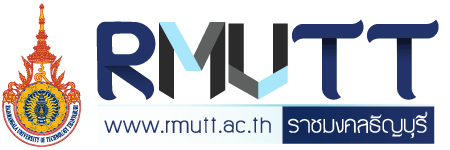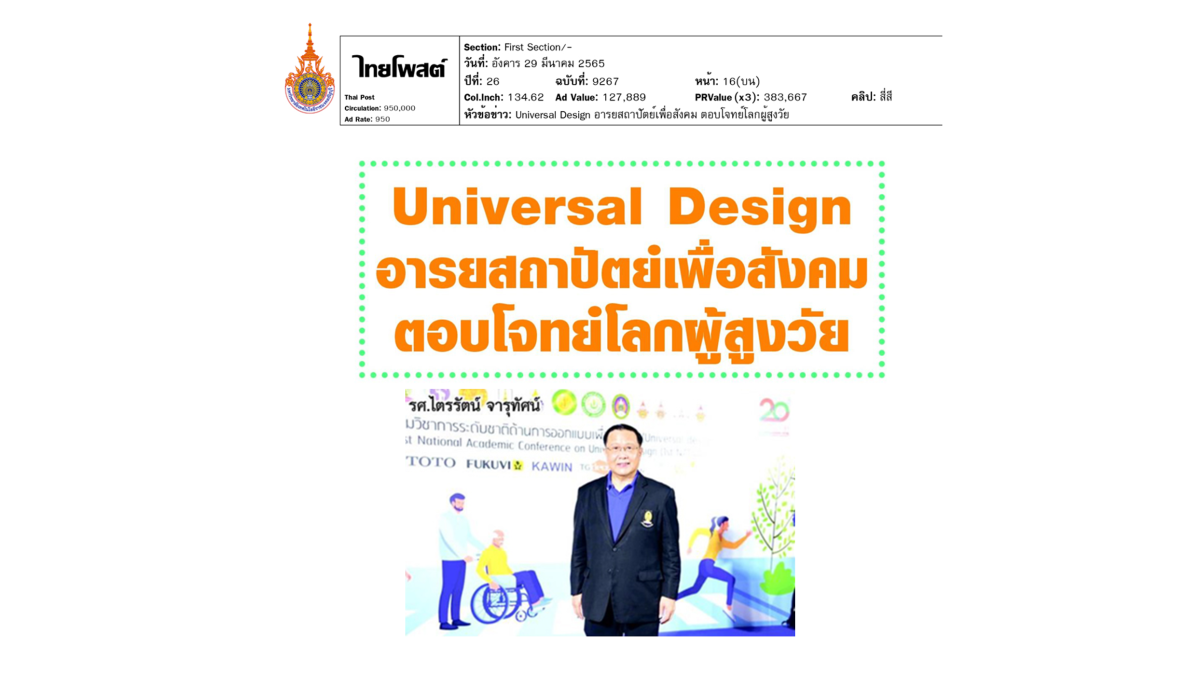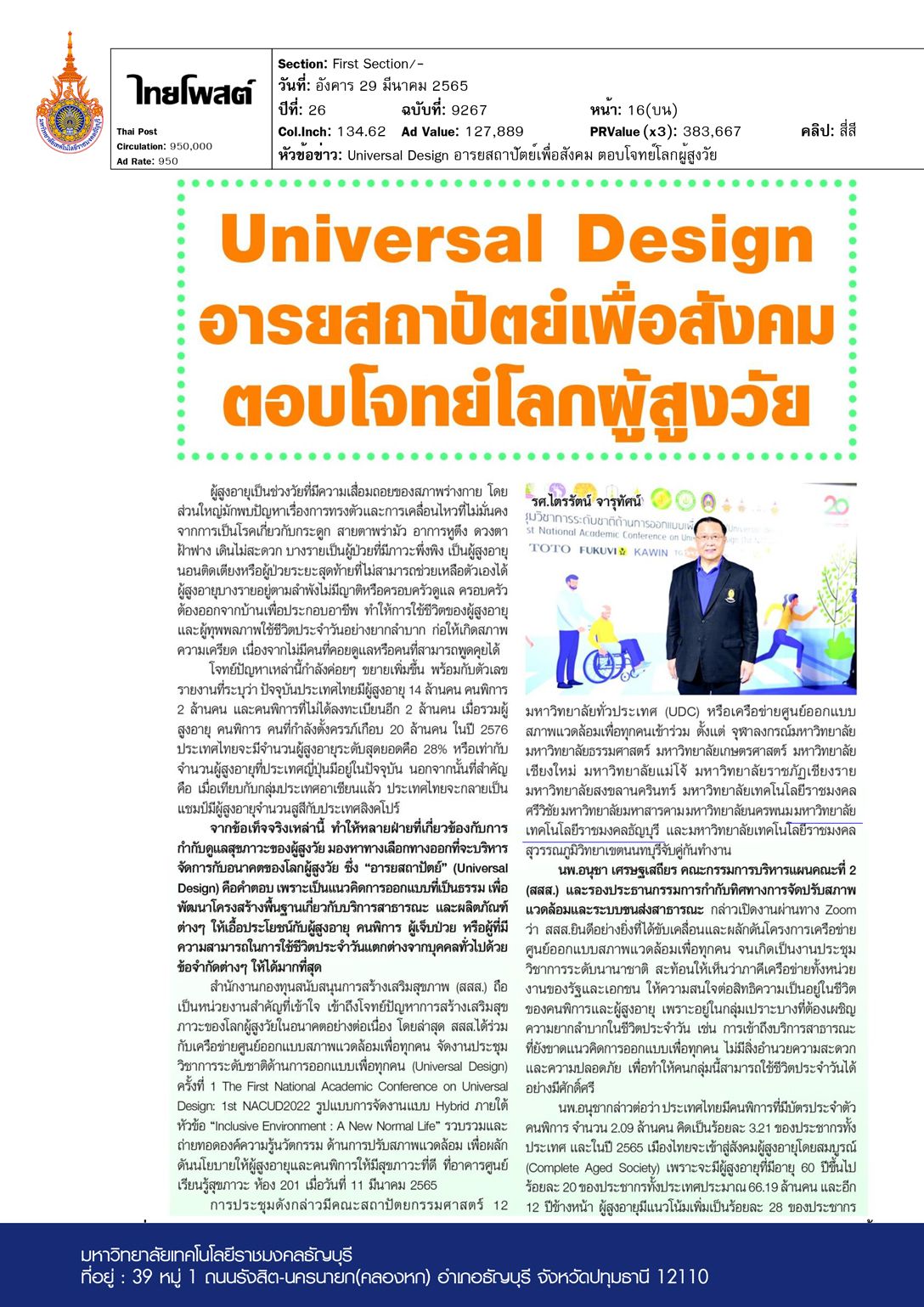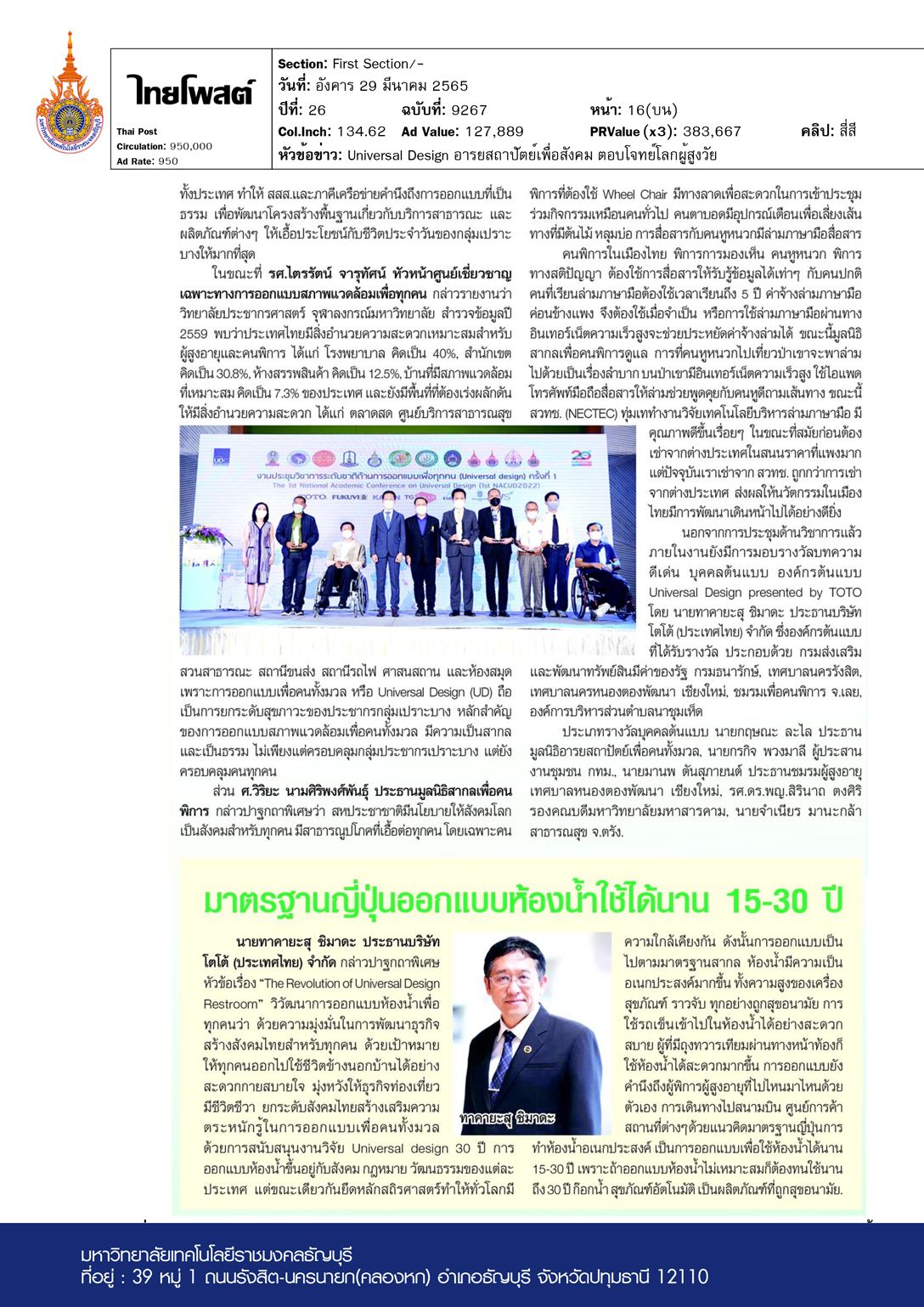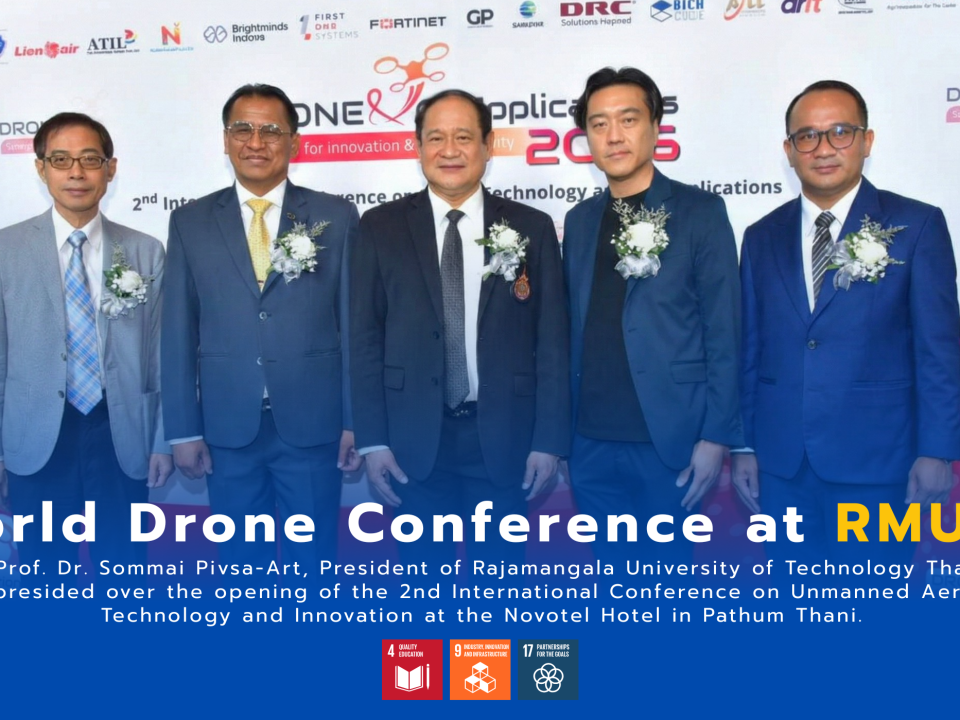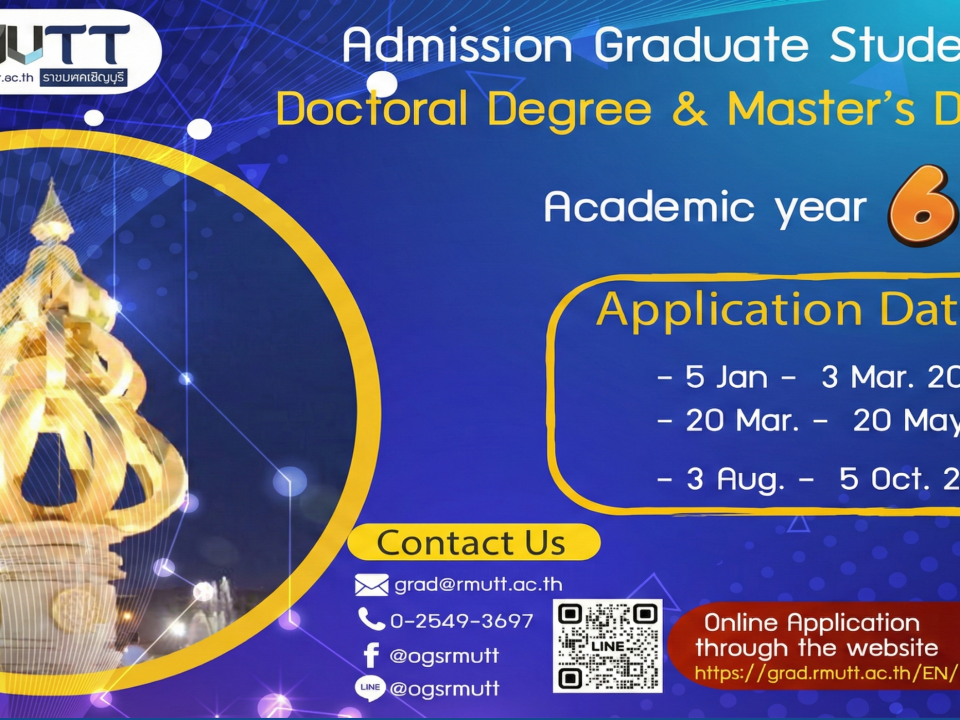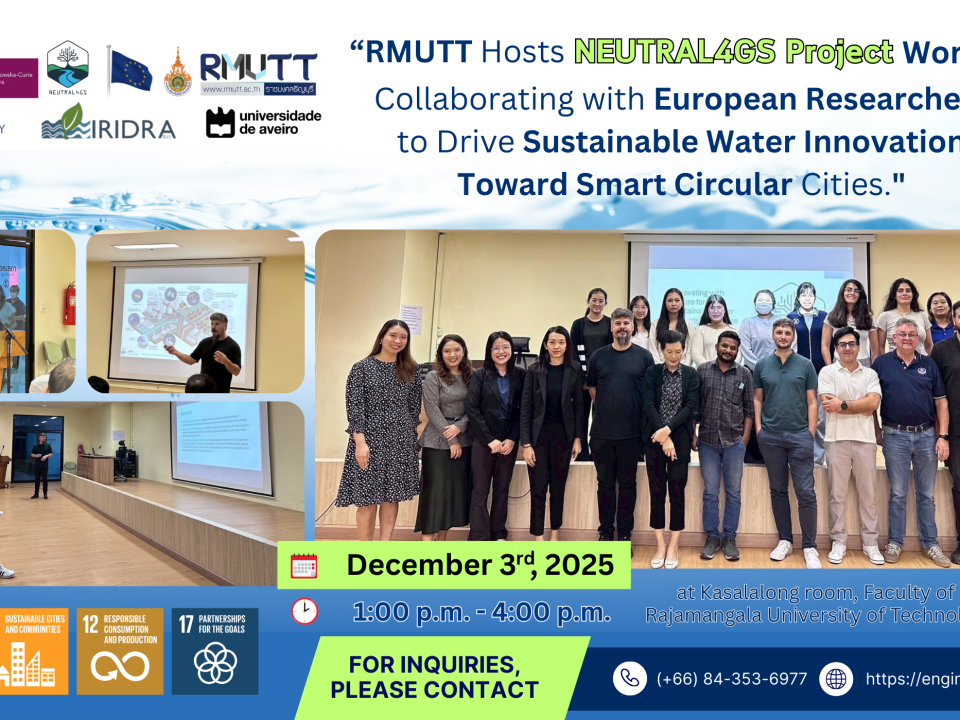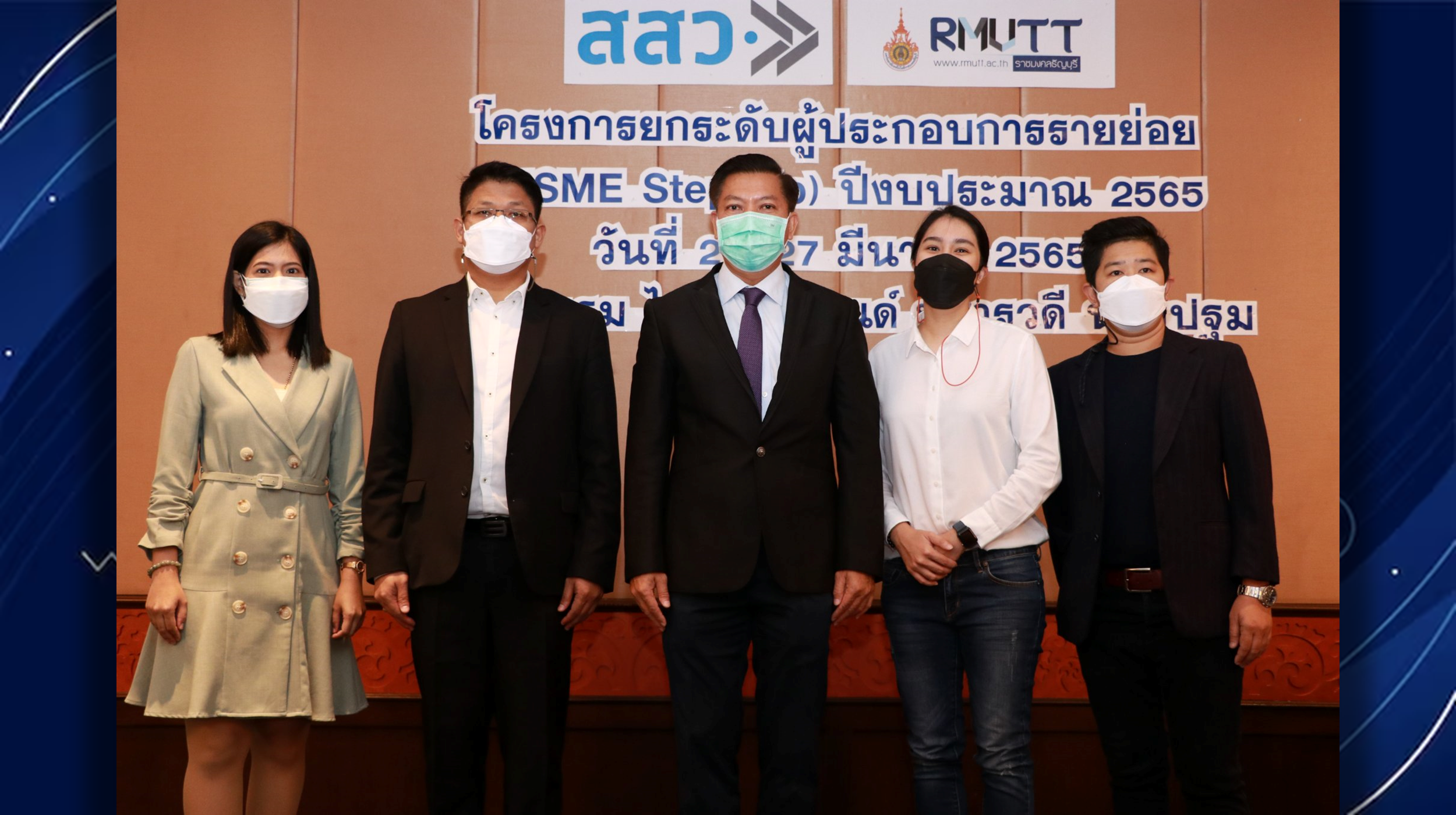
RMUTT joins hands with OSMEP to assist SMEs acquire and integrate knowledge on Digital Technology and Tools for Online Business
03/03/2022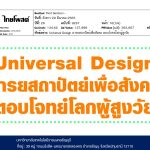
Universal Design: Timeless Architecture for Society, Addressing the Aging World
29/03/2022Thai Post: Published on March 29th, 2022
Common conditions that could often be found in older age are osteoporosis causing problems with body coordination and body motion problems, having hearing loss, appearance of cataracts possessing refractive errors, and getting dementia. Some of them might even possess loss of the ability to move some or all of the body. Without good caregiver, these elder might have been facing stress, trauma, or anxiety.
Dramatic growth of population aging was a worldwide phenomenon, so as Thailand. At this moment,
Thailand had an aging population of 14 million persons. While there’s national register of people with disabilities totaled 2 million persons and without register 2 million. When the number of elderly, pregnant women, and the disabled were totaled, the number reaches at 20 million persons. By 2033, the number of elderly is expected to be similar or 28% higher than that of Japan. When compared to Singapore, unfortunately, Thailand might be having the highest proportion of older persons in Asean.
These facts, thus, could help challenge the rapid aging of populations around the world, and in particular Thailand. One of the methods used in helping lessen everyday problems of elderly in long run is “Universal Design”, which involves adjusting buildings, products or surroundings to improve the quality of life of all groups in society, especially the elderly and persons with disabilities.
Considered as one of the spearheads in contributing to fostering healthy ageing, Thai Health Promotion Foundation and its partners held their First National Academic Conference on Universal Design: 1st NACUD2022 to help raise awareness of making public spaces accessible to everybody.
The event was organized both online and onsite under the theme of “Inclusive Environment: A New Normal Life” at Thaihealth Resource Center Room 201 on March 11, 2022.
Networks of UDC from the Department of Architecture in 12 leading universities including Chulalongkorn University, Thammasat University, Kasetsart University, Chiang Mai University, Maejo University, Chiang Rai Rajabhat University, Prince of Songkla University, Rajamangala University of Technology Srivijaya, Mahasarakham University, Nakhon Phanom University, Rajamangala University of Technology Thanyaburi, and Rajamangala University of Technology Suvarnabhumi (Nonthaburi Campus) all participated in the conference.
Mr. Anuchar Setasathien, M.D., the 2nd Plan Administrative Committee of ThaiHealth and Vice Chairman of the Board of Direction of Environment Arrangement and Mass Transit System Development, MD. had given his opening remarks on the response to the Universal Design via zoom, “We, ThaiHealth, are very welcome to be as part of driving and promoting UDC for everyone. We do our best to make sure that this prestigious international conference truly occurs. This conference is the result of strong collaboration among the Network of UDC either from the government sector or the private ones who have seen the needs of helping the disable and aging people. Currently they are facing series of unprecedented situations including unavailability and inaccessibility of transportation options. We should be promoting and providing them with good transportation assistance to lessen their safety concerns.”
He further added, “As we all know that, currently, there are 2.09 million Thai disabled or 3.21 % of the total population and by the year of 2022 Thailand is expected to become a “Complete Aged Society “with Thai older persons (age 60+ years) 20% out of total population and in the next 12 years, the overall Thai elderly population will be 28%. Thus, adjusting buildings, products or surroundings to improve the quality of life of all groups in society, especially the elderly and persons with disabilities will be our priority.
Associate Professor Trirat Jarutach, Head of Environment Improvement in Multicultural Community, College of Population Studies, Chulalongkorn University found from her survey research in 2016 that in Thailand, there were proper service facilities for elderly and the disabled including 40 % of hospital, 30.8% of district office, 12.5% of shopping mall, and 7.3% of residence; however, there were different places that should be redesigned for elderly and the disabled which were fresh market, health service center, transportation center, train station, religious place, and library. Correspondingly to the results, it could be interpreted that Universal Design (UD) should be applied to equally improve the quality of life for elderly, disabled people, and everyone else.
Moreover, President of Universal Foundation for Persons with Disabilities Prof. Wiriya Namsiripunpong, delivered his special remarks during the conference, “United Nation emphasizes the right of persons with disabilities and elderly to the same opportunities as other citizens and to an equal share in the improvements in living conditions and public health services. Correspondingly, we must build wheelchair path for the disabled, detectable warning signals for the blinds, and deaf interpreter for hearing impaired.”
“Those Thais having visually impaired, hearing impaired, or intellectual disability should have the same opportunities as other Thai citizens to communicate with others. It takes more than 5 years to master the deaf interpreter, and to pay them to help is definitely expensive. Therefore, if you are able to employ them online, their charges are certainly lower. Right now our foundation was finding a way to help the hearing impaired in case they can not hire their personal interpreter. As we all understand that internet connectivity can now be reached even in places like mountains or forest. We are able to use our ipad or mobile to connect with internet and ask for help if needed so as the hearing disabled. The technology could certainly help these people to communicate with the interpreter online. At the moment NECTEC is attempting to develop better online interpreter for the deaf. In case you want to purchase from other countries, it certainly will be too costly. Nontheless, right now we are renting the equipment from NECTEC and it doesn’t take us a lot of money. I would say that NECTEC would certainly do their best to improve the quality of the software so they could help us.
During the international conference, there were a number of technical sessions in the conference under different themes including Best Articles, Best Role Model Organization Award, Best Role Model Awards, etc. Best Role Model Organization Awards were given to National Treasure Promotion and Development Division, Rangsit Municipal, Chiang Mai’s Nongtong Pattana Municipal, Loey Disabled Club and Nachumhed Subdistrict Administrative Organization presented by Takayasu Shimada, President of sanitary ware manufacturer TOTO (Thailand).
Best Role Model Awards were handed to Krissana Lalai, President of Friendly Design for All Foundation, Mr. Korakit Puangmalee, Coordinator of Bangkok Community, Mr. Manop Tunsupayon, President of Chiangmai’s Nongtong Pattana Municipal Foundation for Elderly, Assoc. Prof. Sirinart Tongsiri, M.D, Vice-Dean of Faculty of Medicine of Mahasarakham University, and Mr. Jumnean Manakla, Trang’s Public Health Officer.
With Japanese Restroom Standard, 15 to 30 years of use is possible
Takayasu Shimada, President of Sanitary Ware Manufacturer TOTO (Thailand), said his company also wants to contribute to the development of Thai society. Shimada said his company’s universal design toilet promotion aims to create an environment where people can leave their homes knowing that clean toilets will be freely available. He said this will help revitalise Thailand’s tourism sector and generate revenue for the country. “To achieve this, the company needs cooperation from relevant agencies,” he said, adding the company was ready to provide know-how, consultation and after-sales services. Admitting that not all Japanese universal ideas are applicable in Thailand, he said ideas should be created based on society, laws, culture and ergonomics. He explained that toilets in Thailand have three key problems with universal design, including inappropriate or unnecessary products, missing items or wrong positioning and dimension. “In this regard, the company is focusing on clarifying the objective and target, including building characteristics, target users and clarifying the goal,” he said. “We must also carefully consider and realize valuable plans on restroom renovations, as it will be used for 15 to 30 years once renovated,” he added.
Takayasu Shimada, President of Sanitary Ware Manufacturer TOTO (Thailand) delivered his special speech on, ““The Revolution of Universal Design Toilet”, “Revolution of Universal Design Restroom aims to revitalize Thailand’s tourism sector and generate revenue for the country, to create an environment where people can leave their homes knowing that clean restrooms will be freely available, and to design restrooms that universal design toilet for all. Besides, the company was always ready to provide know-how and consultation as well as funding in research. He also emphasized on the ideas of designing toilet based on society, laws, culture and ergonomics.
“All designs must be in accordance to the international standard with multipurpose of use. Delicate design of toilet height, its railings, other components is a must. For the general disabled and those who live with Ostomy bag, they will all be able to use the toilet conveniently. Either in the airport, shopping malls, or other places, toilet designed for elderly will also be accessible for use. We must also carefully consider and realize valuable plans on restroom renovations, as it will be used for 15 to 30 years once renovated,” he added.
